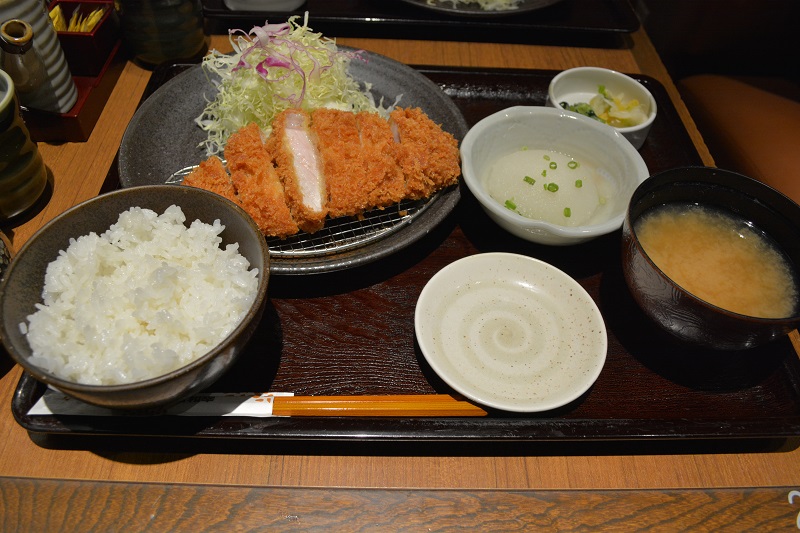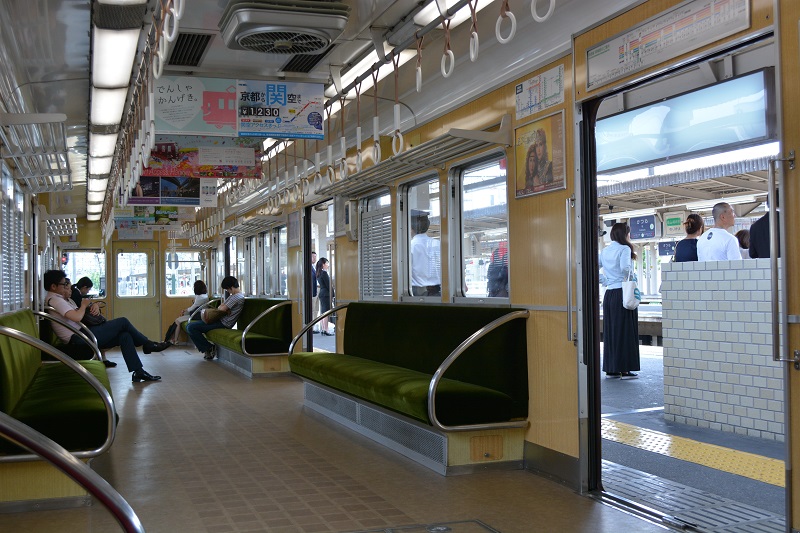I have already blogged about Japanese etiquette, rules and customs. But since you can write endlessly on this topic, today we will continue to learn about Japanese culture and etiquette. How well do you know about Japanese manners and customs? Won’t you get in questions or seem like a rude ignoramus in Japan? To prevent this from happening, we share with you the most important etiquette tips before traveling to Japan.
1. Use of chopsticks
In Japan, be sure to use chopsticks! Use them to gently pick up bite-sized pieces of food. Never try to aggressively cut your food or leave chopsticks just sticking out of your rice bowl or other food. When taking food from a shared dish, use chopsticks that you have not yet used or touched the dish to take your portion, or use the clean side of your chopsticks. When you’ve finished eating, place both chopsticks neatly on a cup or plate. Or on a special stand for chopsticks or in a paper case, if they were served to you in it.
2. Don’t be too picky eater
When choosing a menu, Japanese chefs carefully think over all the details of each dish. Asking for changes to a recipe is considered disrespectful to the chef. Try to choose something from the menu “as is”, and only ask for a change in the composition if you are allergic. It is also considered indecent and “wasteful” to leave food on the plate, so try to always finish everything. Traditionally, Japanese children are taught not to leave a single grain of rice in the bowl!

3. Drinking water or tea
According to Japanese tradition, the Japanese closely monitor the drinks of those with whom they dine and notice when they need to top up or change the drink. The Japanese are so polite that you rarely have to refill your own glass! Try to be just as polite if you’re dining with Japanese people in Japan – when you notice that their glasses are getting empty, offer to refill them or order another drink.
4. Show your gratitude for the food
Before tasting a dish in Japan, especially if you’re dining with Japanese people, don’t forget to put your palms together and say “Itadakimasu!”, roughly equivalent to “I humbly accept this food!”. All Japanese say this before eating to show their gratitude for the food. And after eating, don’t forget to carefully put your chopsticks aside, put your palms together and say, “Gochisousamadeshita!” = “Thank you for the treat!”
5. Don’t eat on the go
Unlike many Western countries, Japan has a negative attitude towards eating in public while you are walking. This is considered rude as it creates the potential for accidental excesses in public places. Many stores do not allow any food or drink to be taken on the premises of the store, except in designated areas. So if you are outside and want to eat or drink, don’t do it on the go. Or find a restaurant or cafe, sit down and take the time to enjoy your meal. And if you want to eat o-bento or o-nigiri, then it is better to find a park where you can sit and eat in peace.
6. Forget tipping in Japan
Sure, customer service in Japan is some of the best in the world, but if you want to show your appreciation, you’ll have to do it in some other way than by tipping. What’s more, restaurants or other service providers usually include a service charge on the bill. So don’t worry about tips! In Japan, it is not customary to leave them!
7. Use the tray when paying
When you pay for something in Japan, there is usually a small special metal or plastic tray at the counter or checkout counter, specifically designed to put your money or bank card in it to pass to the cashier. Be sure to put your money only there, as neglecting this rule is rude. Money, like chopsticks, should be used humbly and with respect. So, instead of just slipping your money to the cashier, carefully place the uncurled or wrinkled bills and coins in the tray on the counter.
8. Exchange business cards
In a business meeting, when you see someone for the first time, it is customary to present your business card (名刺 meishi in Japanese). Remove the card from the card case and hand it to your new friend, holding it in both hands, making sure the letters are facing him so that they are easy to read. When the person responds, be sure to accept their card with both hands with a slight bow. Don’t put your card in your back pocket – that’s completely disrespectful, as you’ll almost certainly just sit on it, in a chair or chair. Try to place it carefully in a business card holder, front pocket, or purse so that it does not bend or wrinkle.

9. Give up your seats on public transport
In Japanese public transport, there are certain places specially designated and reserved for the elderly, disabled, pregnant women. It is advisable not to occupy these places if you do not belong to these categories of citizens. However, even if you are sitting in a regular non-reserved seat on a crowded bus or train and notice someone older or disabled standing, it is polite and respectful to give up your seat.
10. Take off your shoes
Always take off your shoes when entering someone’s home. The Japanese consider all space outside the house to be very dirty, so they always take off their shoes and put on some kind of slippers when entering the house. This custom is also practiced in some public areas to keep them clean for general comfort. Some restaurants, community centers, places of worship, and schools often also require patrons to remove their shoes and use slippers to keep the premises as clean as possible. Therefore, if you are entering a new place for the first time, it is recommended that you carefully inspect the entrance for any signs indicating whether you can enter in “street” shoes or if you need to change into special slippers.
